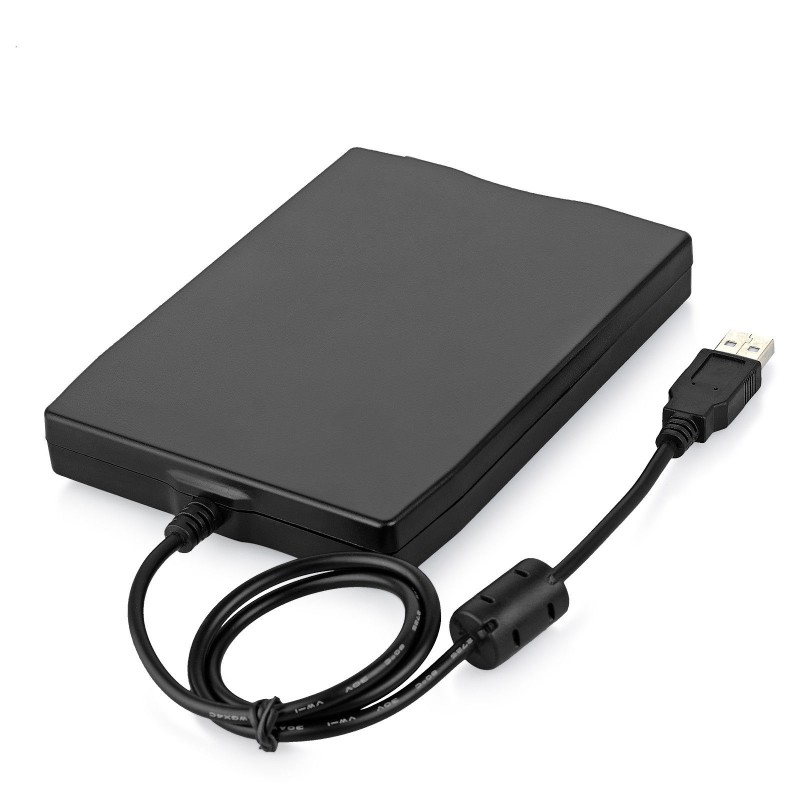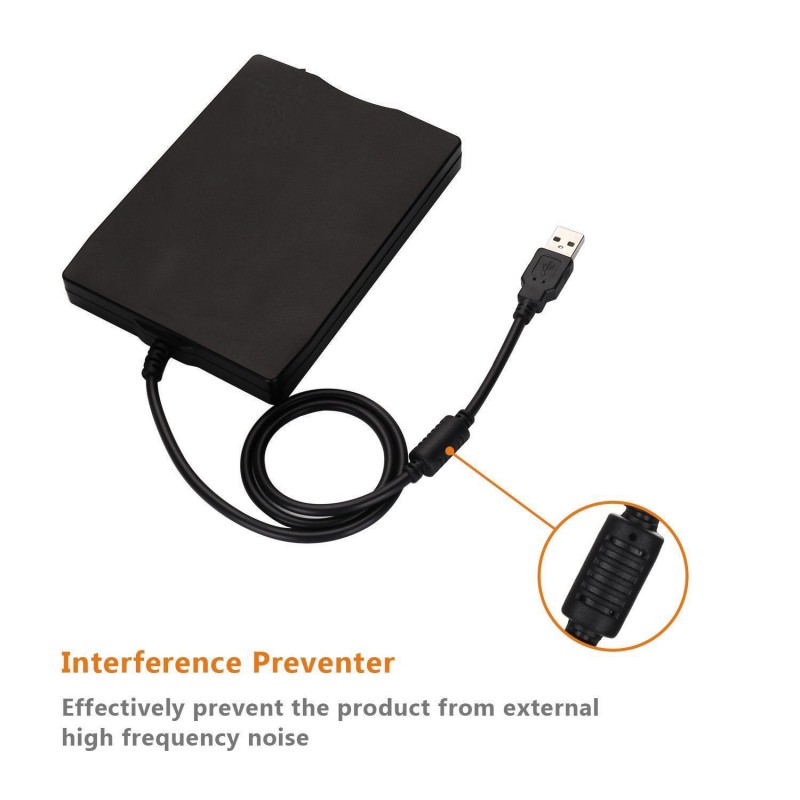Get the best deals on HP Mac CD Driver & Utility Software when you shop the largest online. HP OfficeJet 6300 Series Driver Disc - Version 7.9.0 (MAC, 2007) - Disc. In addition to supporting all common CD and DVD formats, for both read and write functionality, the Verbatim External Slimline CD/DVD Writer is M-Disc ready – providing an archival solution with industry-leading disc lifetime expectancies – ideal for backing up. The screen shot in that Apple article is from an older version of Disk Utility, but the main help for you is to choose the drive (not any partition), then click the Partition tab. Click the Volume Scheme drop-down, and change to 2 Partitions. Click the box to Install Mac OS 9 Drivers. NOW, click on each partition block in that window on the left.
In the past I have successfully used my MacBook Pro to play blu ray discs from an external USB blu ray drive. I recently purchased a new movie on a UHD 4K blu ray disc, but Sierra cannot recognize the disc. I am trying to determine if this is a problem with my blu ray drive or with Mac OS X Sierra. Has anyone else been able to mount a UHD 4k blu ray disc on their Mac?
FYI, the drive I am using is a Samsung Portable BD Writer Model SE-506CB/RSWD external blu ray drive with TS01 firmware. The specs on the drive indicate that it should be able to handle three- and four-layer blu ray discs, but I have yet to witness evidence that this is the case. Again, I can play 1080p blu ray discs just fine with my current setup, but Mac OS X Sierra has yet to mount my UHD 4k blu ray disc.
Nvivo for mac. Built specifically for Mac users by dedicated Mac developers, NVivo for Mac is the best native Mac application for qualitative data analysis. If you're a Mac person who needs to find insight in qualitative data, try NVivo for Mac - the advanced, feature rich, qualitative data analysis software, for Mac people.

Let me know if you have been able to read the new UHD 4K blu ray discs on your Mac. Please include the model of your external blu ray player and note which operating system you are using.

Thanks,
Dan
Posted on
By default, your Mac starts up from its built-in hard disk, but a startup disk can be any storage device that contains an operating system compatible with your Mac. For example, if you install macOS on an internal or external drive, your Mac can recognize that drive as a startup disk. You can then follow the steps in this article to start up from it.
Use Startup Disk preferences
Usb Disc Drive For Mac
When you use Startup Disk preferences to select a startup disk, your Mac starts up from that disk until you choose a different one.
- Choose Apple () menu > System Preferences, then click Startup Disk.
- Click and enter your administrator password.
- Select your startup disk, then restart your Mac.
If you see a message that your security settings do not allow this Mac to use an external startup disk, check the External Boot setting in Startup Security Utility.
Use Startup Manager
When you use Startup Manager to select a startup disk, your Mac starts up from that disk once, then returns to using the disk selected in Startup Disk preferences.
- Press and hold the Option key immediately after turning on or restarting your Mac.
- Release the Option key when you see the Startup Manager window.
If your Mac is protected by a firmware password, you can release the key when you're asked to enter the password. - Select your startup disk, then click the arrow under its icon, or press Return.
If you press and hold the Control key during this step, your selection is saved in Startup Disk preferences, so it persists until you change it.
If your Mac is using OS X Lion 10.7.3 or later, you can also use this method to start up from your Time Machine backup disk. Startup Manager identifies your Time Machine backup as ”EFI Boot.”
If you can't select your startup disk or start up from it
Check for these possibilities if you can't see your disk in Startup Disk preferences or Startup Manager, or your Mac won't start up from it. Caffeine mac for windows.
Check for a valid operating system on the startup disk
Make sure that your startup disk is using a version of macOS that's compatible with your Mac. You might need to reinstall macOS on that disk.
Disc Driver For Mac
Check startup security settings
If you're using a Mac that has the Apple T2 Security Chip, check the settings in Startup Security Utility. These settings determine whether your Mac can start up from another disk.
Check for Option ROM firmware
If you're in Startup Manager and can't see your startup disk, press Option-Shift-Command-Period. If that works, do this each time you want to start up from the device or from a startup disk connected to it.
To enhance system security, Mac computers with up-to-date software don’t show devices that have Option ROM firmware until you press these keys in Startup Manager to load the firmware. On Mac models from early 2015 or earlier, you can disable this security feature to load Option ROM firmware automatically. This removes an important protection against potential unauthorized access to your Mac by other people with physical access to it.
- Open the Terminal app, which is in the Utilities folder of your Applications folder.
- Type
sudo nvram enable-legacy-orom-behavior=1, then press Return.
To undo this command, entersudo nvram -d enable-legacy-orom-behavior.
If you're using a firmware password on your Mac, the ability to load Option ROM firmware automatically or manually is disabled as an additional security protection. If you want to remove this additional protection but keep your firmware password:
Best External Disc Drives For Mac
- Open the Terminal app, which is in the Utilities folder of your Applications folder.
- Type this command, then press Return:
sudo firmwarepasswd -setmode command -allow-oroms
To undo this command, entersudo firmwarepasswd -setmode command. - Type the administrator password for your user account, then press Return.
- Type your firmware password, then press Return.
- Restart your Mac.